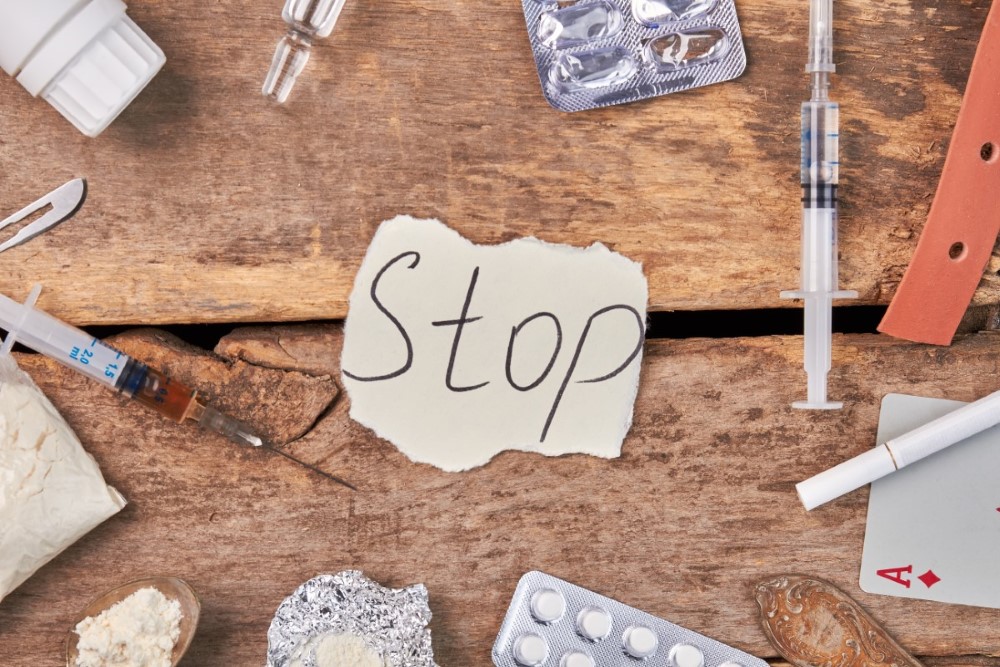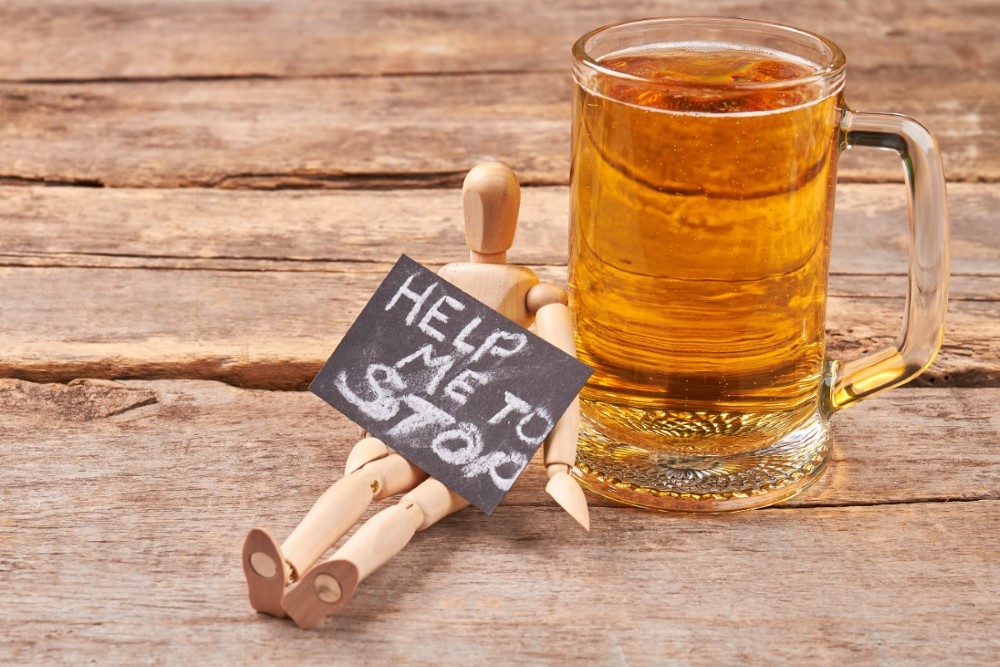Understanding the pivotal role of personal responsibility in addiction recovery is a nuanced and complex journey, and it’s one that starts with you. When we talk about addiction, the conversation often veers towards external factors – the physiological grip of the substance, the social and environmental triggers, or the genetic predispositions. However, an area that demands equal attention and sparks considerable debate is the concept of personal accountability in the journey to sobriety.
Embracing Personal Responsibility
At the core of personal recovery is the principle of embracing personal responsibility. This means recognizing that the journey to sobriety is ultimately in your hands. While external support – from healthcare professionals to support groups – is crucial, the daily decisions, commitment to treatment, and the consistent effort to stay away from triggers are personal choices. This approach doesn’t minimize the biological or environmental factors that contribute to addiction but emphasizes the individual’s power in fighting this battle.
The Controversy of Blame and Shame
One contentious aspect often encountered in this discussion is differentiating between accepting responsibility and bearing the weight of guilt or shame. Some argue that emphasizing personal responsibility can lead to victim-blaming and an oversimplified view of addiction. The nuanced understanding here should be that while addiction is not a moral failing, taking charge of one’s recovery process is a powerful step towards healing.
Decision-Making and Impulse Control
Research shows that substance abuse can impair decision-making and impulse control. In your recovery journey, rebuilding these cognitive faculties is part of taking personal responsibility. It involves making conscious, thoughtful decisions that align with your long-term goal of sobriety, even when they’re difficult or against immediate gratification.
Strategies for Enhancing Personal Responsibility
How do you cultivate this personal responsibility? Setting small, achievable goals, practicing mindfulness, and engaging in therapies like Cognitive Behavioral Therapy (CBT) can empower you. These strategies are designed to improve self-awareness and decision-making skills, fostering a sense of agency in your recovery journey.
The Role of Community and Support Systems
While focusing on personal responsibility, it’s crucial not to underplay the role of support systems. Recovery is often more sustainable with a robust support network that provides empathy, understanding, and accountability. Engaging with support groups or therapy can complement your efforts in taking personal charge of your recovery.
Balancing Personal Responsibility with Compassion
Finally, it’s essential to balance this responsibility with self-compassion. Recovery is a journey fraught with challenges and potential relapses. Understanding and forgiving yourself during these times are just as much a part of personal responsibility as staying on the path of sobriety.
In the realm of addiction recovery, personal responsibility stands as a foundational element. It encapsulates the practice of being true to one’s commitments and values. Specifically, this translates into maintaining consistency in attending appointments, being punctual for group meetings, and managing daily tasks and responsibilities. This self-governance extends to efficiently handling one’s time, resources, and commitments, fundamental for sustaining recovery.
Take the principles of Alcoholics Anonymous (AA) as an example. AA emphasizes the power of choice – the critical decision to abstain from drinking. This choice is a manifestation of personal responsibility, where an individual acknowledges and embraces the autonomy over their actions. This empowerment is not just about refraining from substance use; it’s about actively participating in the recovery community, thereby strengthening both personal and group resilience.
Accountability, a key component of personal responsibility, proves vital in the recovery process. It’s more than just a tool; it’s a mechanism that fosters motivation, diminishes the likelihood of relapse, and enhances self-awareness. Through the constructive feedback from peers and mentors in recovery circles, individuals learn to set realistic goals and achieve them, fortifying their journey towards long-term sobriety. The benefit of such accountability is supported by numerous studies, indicating that when individuals hold themselves answerable to both their community and personal goals, they have a higher success rate in recovery.
Embracing Accountability in Daily Routines
Personal accountability in addiction recovery often begins with simple, yet crucial, daily routines. For example, in South African recovery programs like Harmony Clinic in Cape Town, individuals are encouraged to adhere to structured schedules. This might involve waking up at the same time every day, participating in group therapy sessions, and completing chores within the recovery community. Such routines help in establishing discipline and a sense of normalcy, which are pivotal during the early stages of sobriety.
Setting and Achieving Personal Goals
A key aspect of personal accountability is goal-setting, a practice highly regarded in various South African rehabilitation centers. Here, individuals are guided to set clear, achievable goals, ranging from short-term objectives like attending weekly counseling sessions, to long-term aspirations like rebuilding family relationships or pursuing career goals. Progress is often monitored through regular check-ins, emphasizing the individual’s role in driving their recovery journey.
Financial Responsibility and Sobriety
Financial management can be a significant part of the recovery process. South African programs sometimes focus on teaching budgeting skills and responsible financial decision-making. Recovering addicts learn to manage their funds, which might include saving money, paying off debts, or contributing to communal resources. These skills are essential, as financial troubles can be both a trigger and a barrier to lasting recovery.
Peer Support and Community Engagement
Personal accountability extends beyond self-care to involve support systems and community engagement. In many South African recovery groups like Narcotics Anonymous (NA), individuals share their experiences and challenges, holding each other accountable while offering support. This communal responsibility fosters a supportive network, crucial for dealing with the ups and downs of recovery.
Reflective Practices and Self-Improvement
Finally, reflective practices such as journaling or meditation are becoming increasingly popular in recovery circles, including in South Africa. These practices help individuals to introspect, recognize triggers, and understand the impact of their actions on themselves and others. Engaging in self-reflection allows recovering individuals to stay connected with their inner self, maintaining personal integrity and continuous self-improvement in their sobriety journey.
We value your thoughts and experiences in the ongoing conversation about personal responsibility in addiction recovery. Your insights could be the guiding light for someone on a similar path. Feel free to comment below with your perspectives or stories related to taking charge of your journey to sobriety.
If this article resonated with you, don’t hesitate to share it within your networks. By spreading this knowledge, you might provide crucial support or inspiration to someone in need.
For deeper, more engaging discussions, connect with us on our social media platforms. There, we dive further into topics like personal accountability in recovery, offering guidance and a supportive community for those navigating their way to a sober life. Your voice matters in this dialogue – let’s keep the conversation going!




